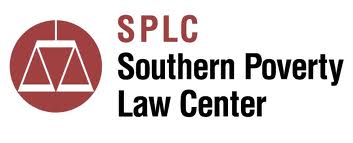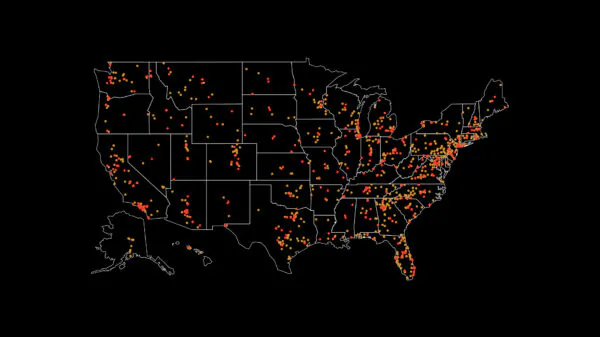By Brandon Moseley
Alabama Political Reporter
On Tuesday, April 9, U.S. District Judge Keith Watkins dismissed a lawsuit filed by the Southern Poverty Law Center (SPLC) challenged Alabama’s 2013 Alabama Accountability Act. The SPLC responded with plans to appeal the decision.
In a written statement, Geron Gadd, a senior staff attorney at the SPLC said, “We think the court clearly erred in its decision and plan to appeal, but what we think is important for the public to understand is that the court’s decision is in no way an endorsement of the Alabama Accountability Act.”
Gadd said, “The Act was passed as a supposed remedy to our state’s failing schools. Yet, a year later, 97.5% of the students in so-called failing schools are still there. Many of them are trapped because of their location and poverty. To make matters worse, the Act has given tax breaks to corporations and wealthy individuals and taken $25 million out of the general education fund, so it seems obvious to us that our state is on the wrong path.”
Senate President Pro Tem Del Marsh (R) from Anniston told the Associated Press, “Today’s ruling is another win in the effort to give children trapped in failing schools an opportunity to receive a better education. The Accountability Act is already proving to be successful in providing students and parents with more educational options.”
In March 2013, the Alabama Legislature passed the Alabama Accountability Act. In addition to giving school systems the opportunity to apply for more flexibility it allows parents whose children are zoned to Alabama’s worst ~6% of public schools to apply for a transfer to a non-failing schools in the same school system, a non-failing school in another public school system, or a private school if one is available and if that school will accept the student.
The law also creates an option for taxpayers to voluntarily donate up to half of the tax money that they owe to support Alabama’s public school systems instead to a scholarship fund run by a SGO to pay for scholarships to help qualified students. This is currently capped at just $20 million a year.
The Alabama Education Association (AEA) has also sued in an attempt to overturn the Alabama Accountability Act. That case is still pending in a Montgomery Court.
Supporters of school choice argue that competition will improve both public and private schools and urge that parents be given even more choices such as charter schools. The Republican Super-majority advanced charter schools legislation in the House during the 2012 regular session, but it was so weakened in the state Senate that the House failed to pass it with the changes made by the Senate.
Opponents argue that that money diverted from public schools by the Alabama Accountability Act would be better used by Alabama’s public school systems.



















































